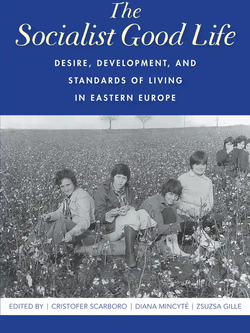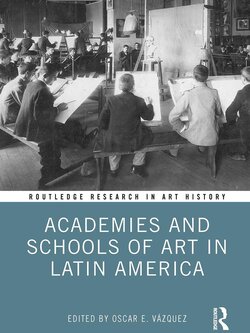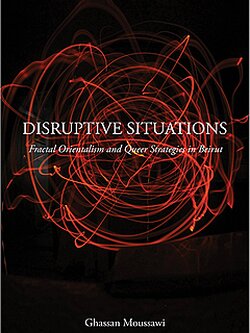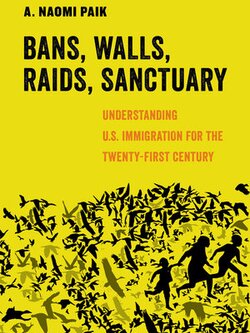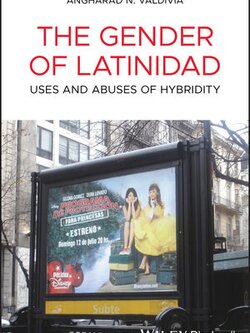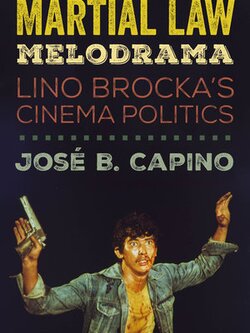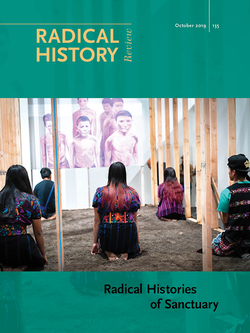Latina/os have seen increased visibility in the media in the past several years, especially in feature-length films, network television programs, and various digital platforms. The Gender of Latinidad: Uses and Abuses of Hybridity explores Latina/o visibility—analyzing presence, production, and interpretation throughout various media. An important contribution to the emerging field of Latina/o Media Studies, this unique volume brings together political economy and cultural studies to consider the limitations of cultural politics and explore current issues relevant to Latina/o cultural inclusion.
Author Angharad N. Valdivia addresses the concept of hybridity and applies it to contemporary Latinidad, in which hybrid Latina/os lead hybrid lives and consume hybrid media. The text explores strategies for gendered visibility in a range of popular culture media, using the concept of hybridity to connect Latina/o Studies to Feminist Media Studies, Gender Studies, and Ethnic Studies. Throughout the text, the author discusses the inclusion Latina/o scholars and audiences seek and considers if such inclusion is even achievable. Offering intersectional exploration of Latinidad in mainstream media, this volume:
- Explores the trope of the spitfire in the context of popular media
- Brings Disney Studies into Latina/o Studies
- Discusses the dynamic inclusion of Latinidad in awards ceremonies
- Assesses the implicit utopias of Latina/o representation
- Presents the only major academic treatment of Charo
Presenting an original perspective on Latina/os in media, The Gender of Latinidad: Uses and Abuses of Hybridity is an ideal text for students and scholars in areas including Gender Studies, Ethnic Studies, and general Media and Feminist Media Studies.
